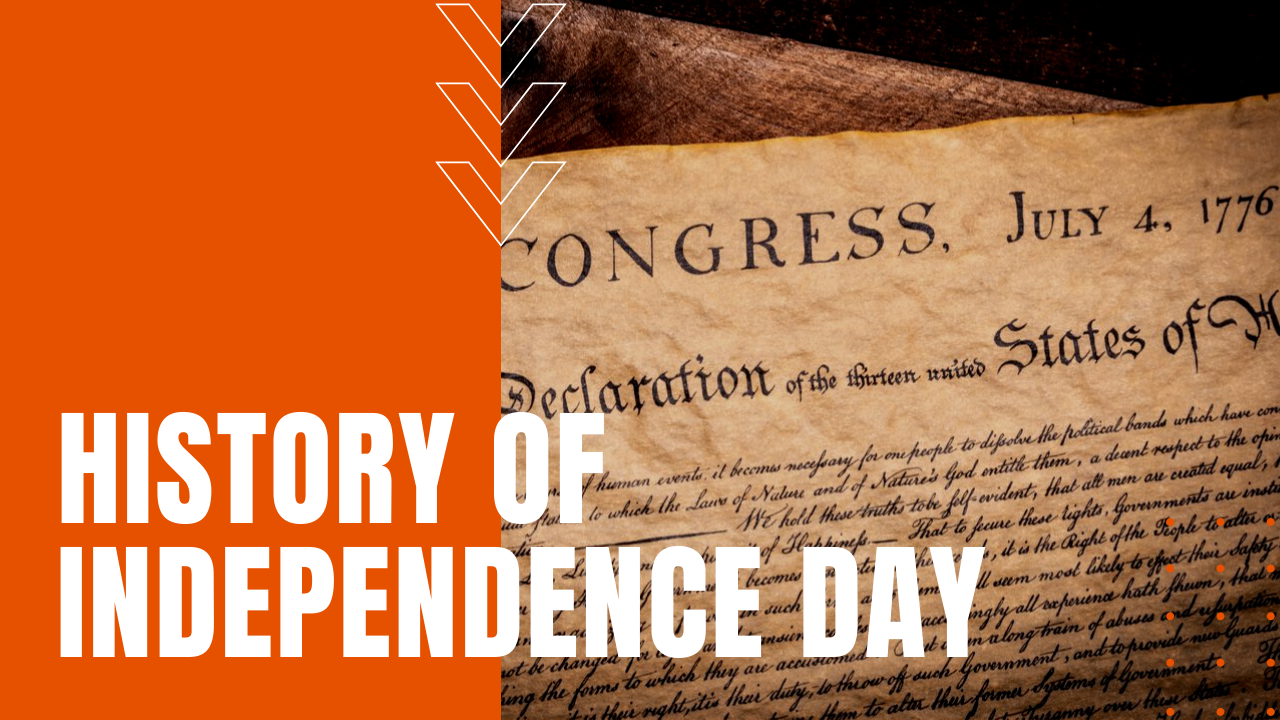History of Independence Day: USA’s First Fourth of July

When the first battles of the Revolutionary War broke out in April of 1775, few colonists desired complete independence from Great Britain, and those who did were considered far-left radicals. By the middle of the next year, however, majority opinion had shifted in favor of independence, due to excessive taxation without representation, and Thomas Paine’s bestselling pamphlet entitled “Common Sense.”
Continental Congress Adopts Declaration of Independence
When the Continental Congress met in Philadelphia on June 7th, 1776, the upstart band of legislatures appointed a five-man committee—including Thomas Jefferson, John Adams, Roger Sherman, Ben Franklin and Robert R. Livingston—to pen a formal statement justifying a complete break with Great Britain.
On July the 2nd, the Continental Congress voted in favor of independence in a near-unanimous vote, while on the Fourth of July, the Continental Congress formally adopted The Declaration of Independence. In the pre-Revolutionary years, colonists had held annual celebrations of the king’s birthday, which traditionally included the ringing of bells, bonfires, processions and political speeches.
By contrast, during the summer of 1776, some colonists celebrated the birth of independence by holding mock funerals for King George the Third as a way of symbolizing the end of monarchal rule over America and the triumph of liberty. After America defeat the British in the Revolutionary War, Americans continued to commemorate Independence Day, in annual celebrations that allowed political leaders to address citizens with the intent of creating a sense of American unity.
First Fourth of July Fireworks
The tradition of setting off fireworks on the Fourth of July began in Philadelphia on July 4th, 1777, during the first organized celebration of Independence Day.
Ships fired 13-gun salutes in honor of the 13 colonies, while the Pennsylvania Evening Post reported: “at night there was a grand exhibition of fireworks (which began and concluded with thirteen rockets) on the Commons, and the city was beautifully illuminated.”
That same night, the Sons of Liberty set off fireworks over Boston Commons, kicking off a mid-summer celebration that continues to bring Americans together on an annual day of patriotic observance. Eerie as it may seem, both John Adams and Thomas Jefferson died on July the 4th, 1826, on the 50th anniversary of the Declaration of Independence.
